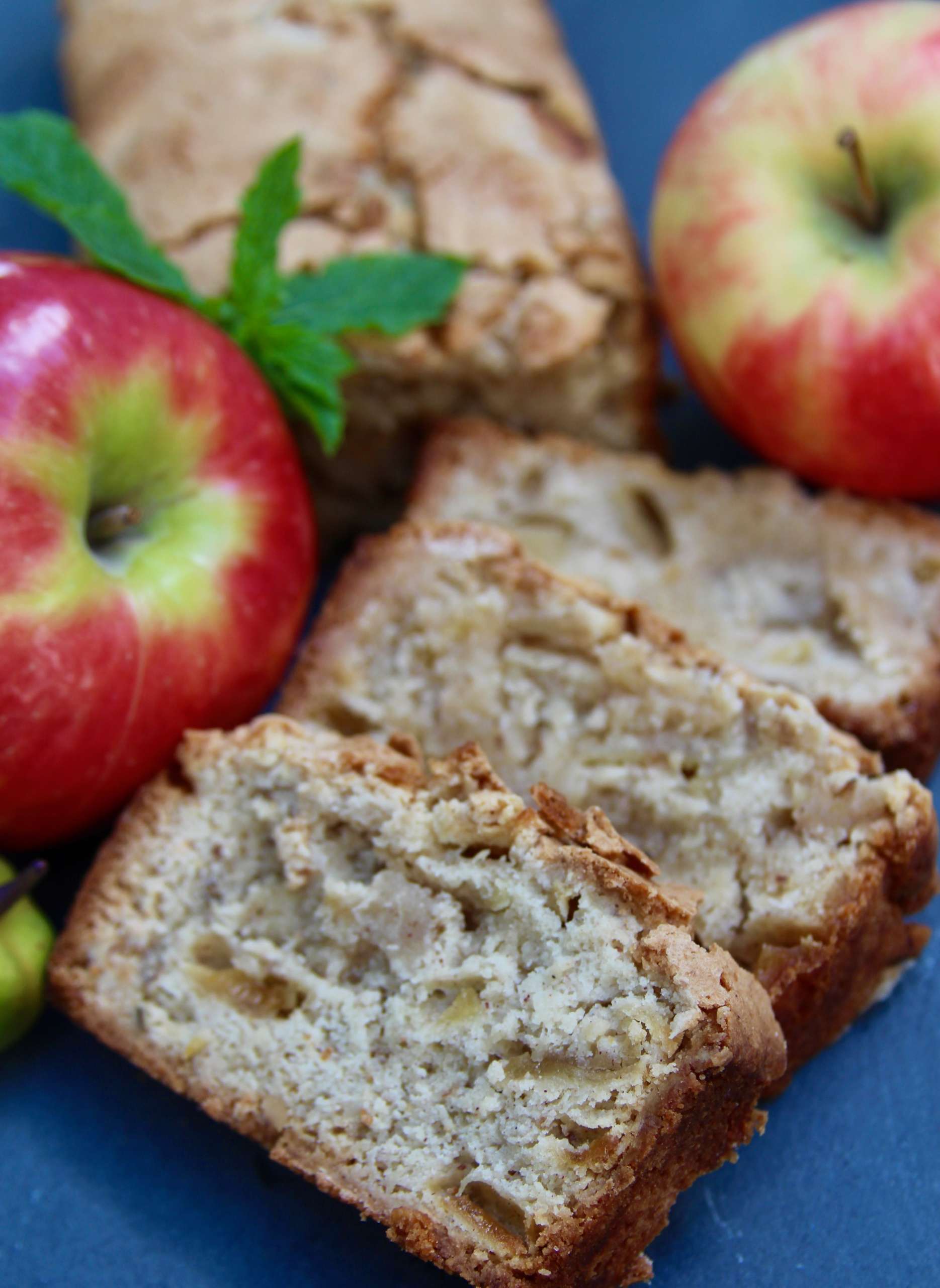In Ireland, February 1 is the feast day of Saint Brigid, a woman whom many believe should be granted equal billing with Saint Patrick as Ireland’s female patron saint and that her feast day should be declared a national holiday.
Saint Brigid’s Day also coincides with the start of the festival of “Imbolg,” one of the four major “fire” festivals celebrated by the ancient Celts. Saint Brigid is known to be the patron saint of cattle farmers, dairy maids, beekeepers, midwives, babies, blacksmiths, sailors, boatmen, fugitives, poets, poultry farmers, scholars and travelers. She’s also known as the founder of the first Irish monastery in Kildare in the fifth century.
One of the best-known traditions associated with her is the tradition of weaving St Brigid’s Crosses from reeds. According to the legend, she was called to the bedside of a dying pagan chieftain, and while she watched over him she bent down, picked up some rushes from the floor, and wove a cross to explain the Christian story. The chieftain was promptly converted to Christianity.










